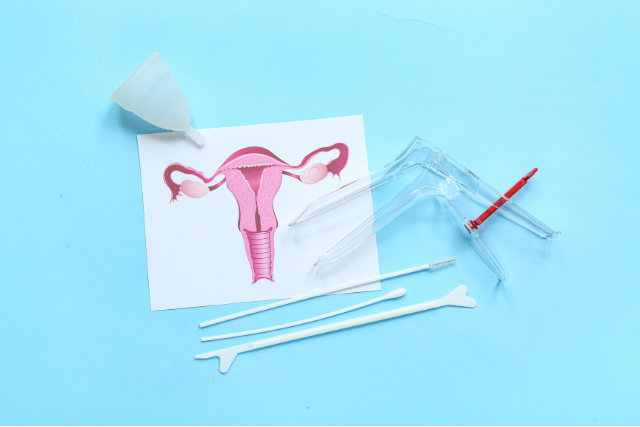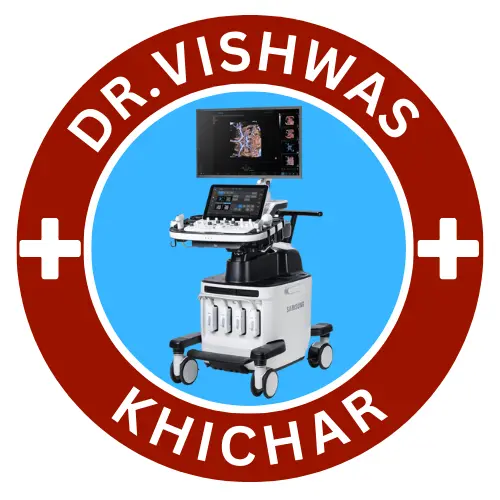Pap Smear

Dr. Sushila Bhuria Khichar
MBBS, MS (Obs & Gyanea.)
Experience - JSS Mysore, AIIMS, Jodhpur
Assistant Professor - Govt. Medical College, Jhalawar

Dr. Manisha Dorwal Khichar
MBBS, MS (Obs & Gyanea.)
Experience - AIIMS Raipur, AIIMS Jodhpur
Assistant Professor - Govt. Medical College, & Attechad Janana Hospital, Sikar
What is Pap Smear?
PAP smear or the PAP test is the short form for the term “Papanicolaou test”. Some people also refer to it as the cervical smear or simply the smear test.
It is a simple test to detect the precancerous changes of the cervix before they can turn cancerous. Cervix is the entry or the neck of the uterus and cervical cancer is the commonest cancer affecting Indian women. Unfortunately this cancer is showing a rising trend in our country unlike most of the western countries where they have been able to control the cervical cancer because of effective screening though Pap smears.
Who should get it done?
Every married or sexually active woman should get a Pap smear test done at least once in three years till the age of 65 years to detect the changes in

cervical cells which might later on turn cancerous. The test can first be started 2-3 years after marriage or sexual initiation irrespective of the childbirth and pregnancy.
How the Pap test is done?
The process of getting the Pap smear is very simple. It is just like getting a routine gynaecological examination…The best time to get this test done is a few days after your periods are over. There should be no bleeding or spotting at the time of going for the test.
You will be asked to evacuate your urine before the test to make you comfortable and made to lie on the gynaecology examination table. You doctor will then gently introduce a speculum into your vagina to look at your cervix. She will then take a sample of your cervical tissue through a brush and spread it on a slide or in a bottled liquid. These slides are then sent to a pathologist in a lab to look at the collected cells for reporting.
The reports are usually made available within 24 hours but check with your doctor about the report availability.
Sometimes the pathologist is able to pick up certain other information like infection by a fungus or bacteria along with the cervical changes. In this situation the Pap smear is termed inflammatory. You must return for a repeat pap smear after the infection is treated because infection can sometimes mask and make it difficult to detect the changes that we were looking for in the first place.
